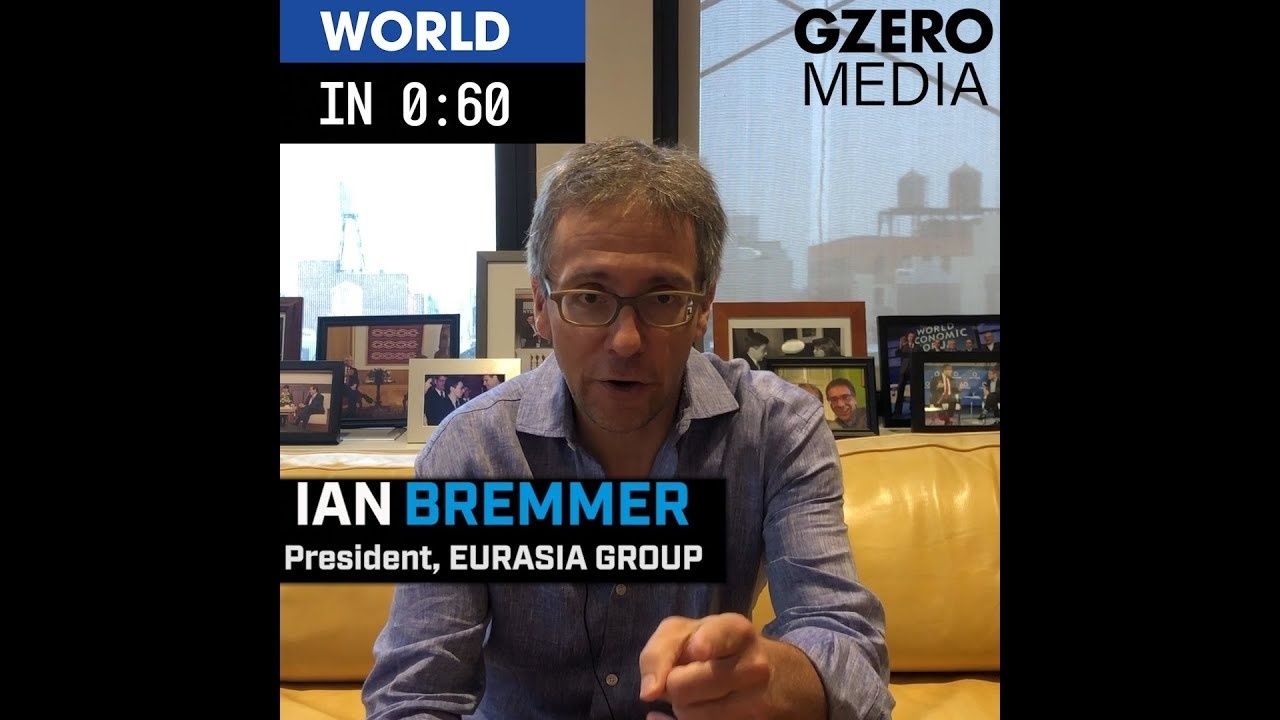
Can President Trump bring the Iranians to the negotiating table?
Well certainly better than John Bolton can. Trump is the guy that said that actually it wasn't such a big deal that these two tankers were hit. He's more concerned about the nuclear issue. He would like the Iranians to talk. The Iranians, meanwhile, have to show a little bit of strength before they'd be willing to negotiate. And still they're under a lot of pressure. I think it's possible that they'll start talking but not until they get out of the nuclear deal - they break through the new uranium enrichment.
Is Hong Kong a big thorn in President Xi's side?
No question and the timing is horrible. I mean 2 million people demonstrating making the Chinese government back down on this extradition law and now they've got the G20 meeting and are they going to negotiate or not with President Trump? Harder for the Chinese to look in any way weak or take risks with the Americans because of what's happening right now in Hong Kong. But keep in mind, mainland Chinese are not really aware of these demonstrations.
Will Mohammed Morsi's death lead to protests in Egypt?
On balance, no. But it'll probably lead to more terrorism from Islamic extremists and I think that is the danger. This guy was not given appropriate medical treatment while he was being held and now in court he's dead and there's no question that a lot of his supporters who themselves have been on the more extreme side are really going to be unhappy. So I'd watch out for that.